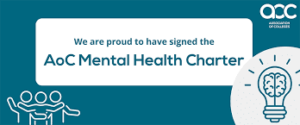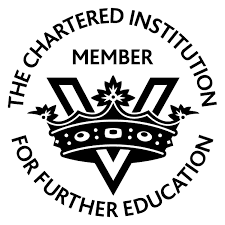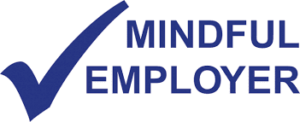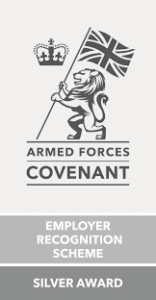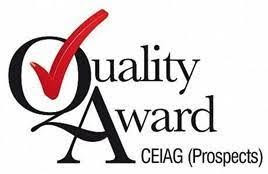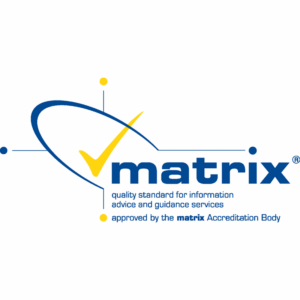History (Modern) A Level
What does the course involve?
Two key periods in Britain and the USA. We study the development of the USA from the end of the Civil War in 1865 to the height of the Cold War in 1975, analysing how the USA developed into a world superpower. We also look in depth at Britain from the years 1906 – 1957 during a period of two world wars and a move to provide welfare to the worst off in society. For the coursework component we delve further back in time and examine change over the Stuart period 1603-1714.
Course Outline
In Modern History we use a mix of traditional and more interactive teaching methods, such as class discussions, debates, presentations, independent research and investigations, use of media, group work and trips. We have a joint trip with Politics students to the Houses of Parliament in London each year, whilst also conducting a yearly trip to the International Museum of Slavery in Liverpool to aid Coursework provision. Additionally, we give students the opportunity to attend external lectures, which will enrich your learning, and to attend University Open Days with the Department, as well as hearing from guest speakers in College.
Assessment
The course is assessed through two exams at the end of year 2 (40% each), as well as coursework (20%).
Coursework 20%
20% of the course is based on coursework. This is an independent historical investigation which we do at the end of year 1 and start of year 2.
Examination 80%
80% of the course is based on exams in the summer of year 2.
Students will be entered into the AS exams at the end of first year, where the structure slightly differs.
Exam Board
AQA
A minimum of five GCSEs at grade 4 and above, including Maths, with at least two at grade 6 including English. You do not need to have studied GCSE History, but if you have, you should have at least grade 6.
A Level History is highly regarded by universities and employers because of the broad range of skills required to be successful in the subject. History can lead directly into careers in teaching, archival work, the heritage industry and journalism. It also has benefits for any job requiring the ability to write effectively or to research and process information in order to develop logical plans. Previous alumni have progressed to the University of Oxford, Leeds, Bristol and University College London to read History or associated subjects.
Cadbury Sixth Form College has an excellent reputation for being one of the very best sixth form colleges in Birmingham, offering an innovative learning experience.
Frequently Asked Questions
How does the college allocate places to students?
All applicants will be invited to attend an admissions interview. An offer of a place to study at Cadbury Sixth Form College is made subject to you meeting the College's standard entry grade requirements.How much does it cost to study at Cadbury Sixth Form College?
There are no tuition fees for 16-18 year-olds. Students are asked to pay a £25 book deposit when they enrol at the college, however this is returned at the end of the two years of study when all books and resources have been returned to the college. Some subjects will offer field trips which may impose some additional costs, however these costs will be kept to a minimum and these field trips are not compulsory.When does enrolment take place?
Enrolment takes place from GCSE Results Day. Further details about enrolment and a date/time for your individual appointment will be sent to you in a letter over the summer holiday. Enrolment takes on average 1-2 hours.© Copyright Cadbury Sixth Form College 1984 - 2025 | All Rights Reserved





